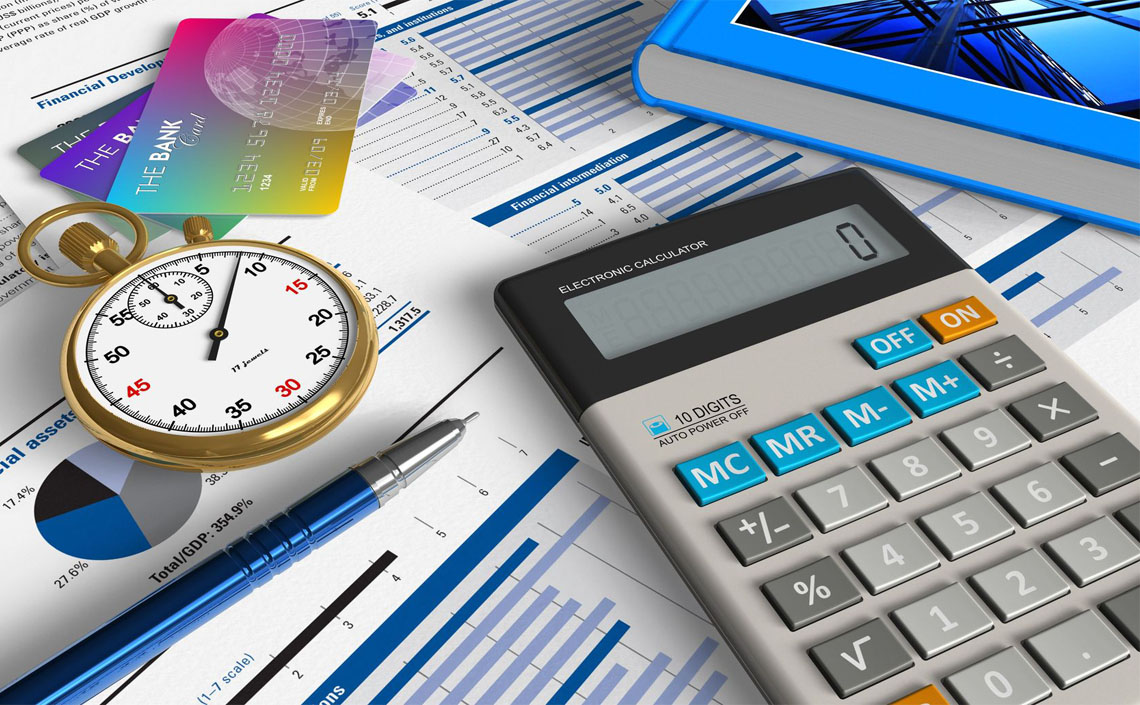
Filing your taxes is always a pain point. You have to sit with your CA, account for all your income, expenses, profits, losses, etc. Most of us end up confused with the numerous financial jargons and various rules and laws.
Before we go into details, let’s look at the tax slabs prevalent and the due dates for filing returns.
TAX SLABS
The tax slabs for individuals/HUF are as below:
| Income Range | General (<60 years of age) | Senior Citizen (60-80 years of age) | Super Senior Citizen (>80 years of age) |
| Upto Rs. 2,50,000 | Nil | Nil | Nil |
| Rs. 2,50,001 – Rs. 3,00,000 | 10% | 10% | Nil |
| Rs. 3,00,001 – Rs. 5,00,000 | 10% | 10% | 10% |
| Rs. 5,00,001 – Rs. 10,00,000 | 20% | 20% | 20% |
| Above Rs. 10,00,000 | 30% | 30% | 30% |
The income tax for companies is a flat rate of 30%.
DUE DATE FOR FILING RETURNS
The due date for filing your income tax returns is
- Before July 31, for individual
- Before September 30, for companies
- Before September 30, in case your books of accounts are audited
If your turnover exceeds INR 1 crore or your profitability is less than 8% of the turnover (for traders, turnover is the sum of settlement profits & losses in the trading account), or you are a professional whose gross receipts exceed INR 25 lakhs in a financial year then your books needs to be audited. Under section 271 B, failure to submit the tax audit in time has a penalty of 0.5% of turnover or Rs 1.5 lakhs, whichever is lesser.
INVESTOR v/s TRADER
One’s tax liability depends on one’s trading activities. Tax liability differs for an investor vis-à-vis a trader.
An investor is one who buys/sells stocks from time to time and typically holds the investments for longer period of time, whereas, a trader is one who actively trades in stocks, F&O, currency or commodity on a more regular basis.
TAXES APPLICABLE IN DIFFERENT SCENARIOS
Scenario 1: Stocks held as investments for more than 1 year
| In case of | Investor | Trader |
| Profits | If the transaction is done through a recognised stock exchange and the STT has already been paid, any profit made on the sale of shares held for more than 1 year is exempt from Income tax under section 10 (38). | Any income from buying/selling of shares, even if held for more than a year, is considered as a business income and taxes have to be paid. However, one can adjust the income against business expenses like internet charges, etc to reduce the taxable income.Shares which are not trading on exchanges attract a long term capital gain tax of 20%. |
| Losses | Long term capital loss from shares, where STT is paid, cannot be adjusted against any long/short term capital gain from any source.However, there is a loophole in the system. If you transfer the shares with demat slip (off market), you can get your long term capital loss set off against long term capital gain of other asset. | The long term loss is a business loss and can be adjusted against other business income anytime in the next 8 years, if the losses were filed on time. |
Scenario 2: Stocks held as investments for less than 1 year (after delivery)
| In case of | Investor | Trader |
| Profits | If shares are bought or sold through a recognised exchange within 1 year, any gain is short term capital gain. Short term capital gain tax is 15%.Only if the shares are delivered to your demat account, it is considered as short term capital gain. | Any income from buying/selling of shares is considered as a business income and taxes have to be paid as per the tax slab mentioned above. However, one can adjust the income against business expenses like internet charges, etc to reduce the taxable income. |
| Losses | If the short term capital loss is declared while filing income tax, it can be adjusted against any short/long term capital gain upto 8 years. | If the short term capital loss is declared while filing income tax, it can be adjusted against any business income other than salary for 8 years. |
Scenario 3: Stocks traded on intraday basis
For intraday the rules are the same for a trader and an investor, because someone who is trading intraday is considered as an active trader or trading for business. The profit/loss from intraday transactions is called Speculative Profit/Loss.
| In case of | Investor or Trader |
| Profits | Speculative Profits is considered as business income and is taxed according to the income tax slab applicable. However, taxable income can be reduced by adjusting the expenses incurred towards trading. |
| Losses | If the speculative losses are declared while filing the returns, it can be adjusted against any otherspeculative profits, only, that one makes within the next 4 years (Section 73(1) of the Income Tax Act, 1961) |
Scenario 4: Trading in Derivatives or F&O (Equity, Commodity & Currency)
A person who trades in F&O on any recognised exchange is compulsorily a ‘Trader’ and not an investor.
| In case of | Trader |
| Profits | Any profit from trading derivatives is considered as a business income and taxes have to be paid as per the tax slab mentioned above. However, one can adjust the income against business expenses like internet charges, computer depreciation, salary to employees, software expense, etc to reduce the taxable income. |
| Losses | If the loss is declared while filing the returns, this business loss can be adjusted against any income other than salary anytime in the next 8 years. |
SECURITY TRANSACTION TAX
The other type of tax that traders/investors pay is the STT. Securities Transaction Tax (STT) is a tax payable, to the central government of India, on the value of securities transacted through a recognized stock exchange. STT was originally introduced in 2004 by the then Finance Minister, P. Chidambaram, to make up for the revenue loss to the exchequer due to zero capital gain tax. STT on the transactions executed on the Exchange shall be as under:
| Taxable securities transaction | New rate (from 01.06.2013) | Payable by |
| Delivery based equity trading | 0.1 per cent | Buyer & Seller |
| Intraday transaction | 0.017 per cent | Seller |
| Equity & Index Futures trades | 0.01 per cent | Seller |
| Equity & Index Options trades* | 0.017 per cent | Seller |
| Sale of an option, where option is exercised** | 0.125 per cent | Buyer |
* Value of taxable securities transaction relating to an “option in securities” shall be the option premium, in case of sale of an option in securities.
** Value of taxable securities transaction relating to an “option in securities” shall be the settlement price, in case of sale of an option in securities, where option is exercised.
The tax is not applicable on off-market transactions or on commodity or currency transactions. For commodities, CTT (Commodities Transaction Tax) is levied.
Following the budget announcement in 2008, there was a change in the Income Tax regime relating to the treatment of STT, in cases where income from securities transactions is treated as business income. Earlier, credit for STT paid was being provided by way of a rebate against tax liability. Post Budget 2008, STT began to be treated like any other deductible expenditure against business income. The effect of this change can be explained with an example.
Assume that a company which has an income of Rs 100 has paid Rs 10 as STT. At 30 per cent corporate tax, in the earlier case, Rs 10 was deducted from tax liability of Rs 30 and the income tax outgo was Rs 20. Now, according to the revised criteria, STT of Rs 10 will be deducted from the income of Rs 100 and the net income of Rs 90 will be taxed at 30 per cent, resulting in an income tax outgo of Rs 27. The total tax burden in the current scenario is Rs 27 as compared to Rs 20 earlier. Thus, the transition of STT from being an offset against tax payable to a deductible expenditure has raised the overall tax burden and hence the cost of trading, significantly.







